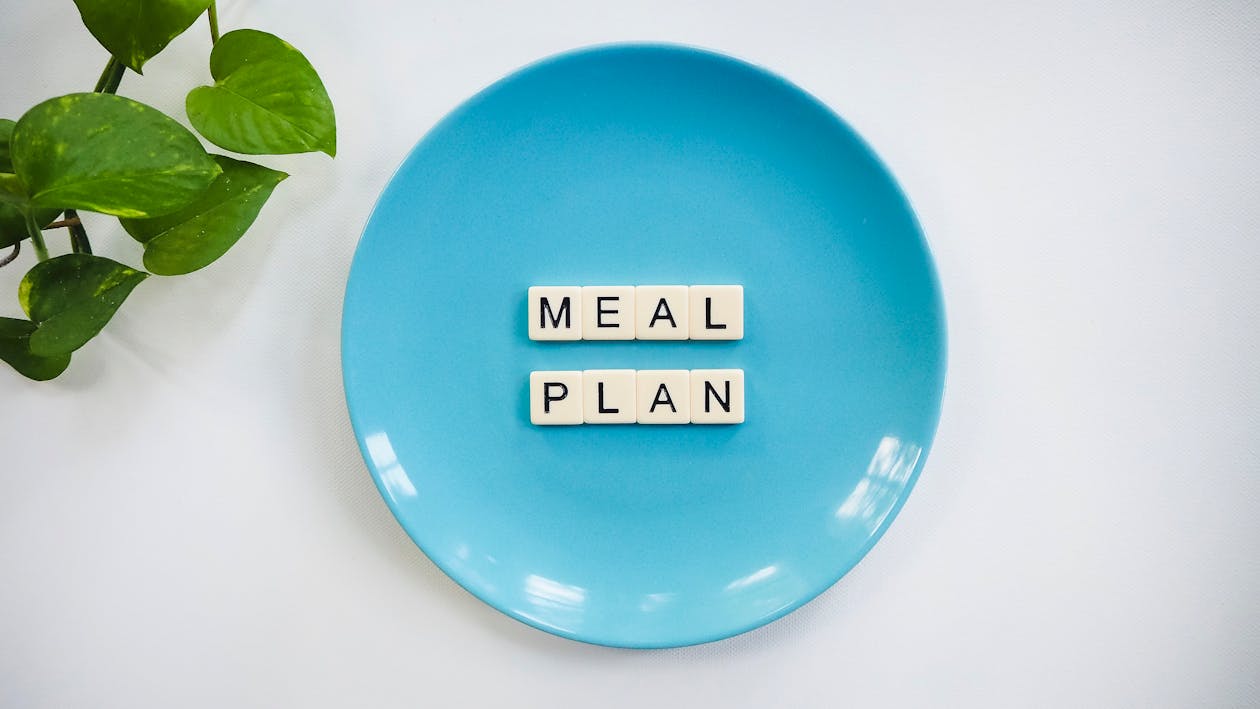Have you been having a hard time as a result of your credit status? Due to the current economic conditions, purchasing a home really is a challenge, no matter if you have stable credit or bad. It is a high cost right off the bat and can be a financial hardship for many. Of course, having poor credit is not financially healthy, because it reflects several serious challenges compared to someone who has a sustainable credit report. Luckily this article teaches you how to protect and improve your credit control so that you can look at Boston houses for sale in no time.
An entrepreneurial spirit, a desire to succeed, and to flourish are qualities that can and will help you start off your journey to purchasing a home. Building up a credit score and that too a good one at that starts from somewhere. An aspiring example of a student chef name Camila; who makes her journey across from the West Coast to Boston, Massachusetts to fulfill her lifelong dream of running a home-based cooking business on the East Coast. But for that, she needs to purchase a house. She sets her mind to join the New England Culinary Arts School and starts off her life-long wish.
Where to Start?
Before Camila begins her journey to favor her credit control status, she takes some time to work out a strategy for the future. Set goals for credit and cut excessive spending wherever possible. Next, she needs to regulate her borrowing and financing in order to avoid getting knocked down by a negative impact on credit any time soon.

The first step in a series of long steps would be the bank, where the student chef will apply for a student credit card. Of course, it does not just end at that, for she has no payment history. Accordingly, she must make one.
Improving Payment History
Your payment history makes up about 35% of your overall credit score, which is a big chunk when the main issue you need to address. As our up-and-coming Camila would be living on rent, she has various ways to tackle this issue:
- The utility bills
- The groceries
- Rent of her apartment,
- Her simple food web programs

All things that the young chef would have to pay. Making sure all of her bills are payable on time is a step in the right direction before buying a house, for these payments will start making up her payment history and build her credit score.
Camila must remember that it might be hard to cover up any late payments but can fix them at the upcoming due date that eventually refines her credit score. On condition of late payment, a credit control report for a long time will have less of a negative impact on your credit score. Someday, those late payments will fall off to a firm credit report, but it does take a good seven years for it to happen. If Camila is willing to buying a house seven years would be too long to wait until her credit score improves. Thus she would have to make sure that she does not come across this barrier.
Avoid Barriers
One way to prevent this is to takes up a part-time job along with her studies. Camila can be sure to be on time with all payments with a steady income, scholarships, and grants from the government. Paying all utilities such as car payments, loans, medical bills on time is necessary for credit scores to improve, and they all rely on each other. Therefore, it would be of utmost importance for Camila’s credit report not to give a negative impact.
Tip: When working to repair your credit, is to be sure that you hang onto all of the good standing statuses for any accounts that you can. This is important because if, it comes down going further in debt on one account is much better than ruining the record of two accounts.
Throughout her years at the culinary school, can continue to spend and pay off her credit, but she has to be careful, not overdo. The reason behind is the credit control certain limit over which you should not spend. Even so if use up most of it all the time, it can also show a negative impact on your credit score. It is all about the act of balancing.
Pay Off Your Credit Card
Credit cards have a set limit that you can spend or use a specific amount called credit utilization. Assuming if, to use up all of your credit limits most of the time, that is a red flag. Here Camila can make use of her strategy; decide to also pay her culinary tuition fees along with her utilities, she would be in danger of using up all her credit limit. Especially since when she opens up her account, to credit control as specified. On top of that, as Camila is a student, only a small amount is contributed by the credit institute to eliminate the negative impact.
On the other hand, if Camila is using less of the credit amount would show a sign that she is managing her money well. Generally, the concept is using 20%-30% of your credit control limit is acceptable. Elaborating this means, suppose you have a credit card with a limit of $10,000, only spend $2,000-$3,000 of that amount. Using more of that can make you unable to pay your bill leading to a low credit score. Henceforth to the maximum avoid negative impact, always remember to either pay off or at least pay down your credit card bill.
Having no balance on your credit card at the end of each month can actually improve your score by about 30% in just a couple of months. In Camila’s (the student chef) case, this is a well-thought strategy; as throughout her four years of culinary school she can quickly improve her credit score.
As she is nearing her graduation date, her excitement levels are through the roof. Graduation means one step closer to her dream: purchasing her very own home and starting a home-based cooking business. Save for primary she needs to review her credit reports.
Review Your Credit Reports
You can do this yourself for free, or you can hire an experienced professional to complete this for you. What you will be looking for is errors, and any incorrect or duplicate accounts, fraud accounts, incorrect names, wrong payment statuses, any ex-spouse information, old information, or incorrect dates on a collection account. The Fair Credit Reporting Act allows a free copy of three credit reports provided to you once a year. If you happen to find any errors, you will file a contention with the credit control bureau.
Tip: Be very careful about credit professionals who state that they could fix your credit quickly. Because of the surge of credit issues out there, many unscrupulous lawyers advertise that they can repair your credit for significant fees. Before you give a lawyer any money or personal information, make sure to do a thorough check on them and their practice to make sure they are legitimate.
Once Camila retains satisfactory credit reports, free mistakes, and built up clean a credit score; such as 660, she can head to the bank applying for a loan to purchase a home. Certainly, her journey is lengthy, but quite fruitful when she makes her first sale of a classic chicken marsala dish from her kitchen in her newly purchased home.






